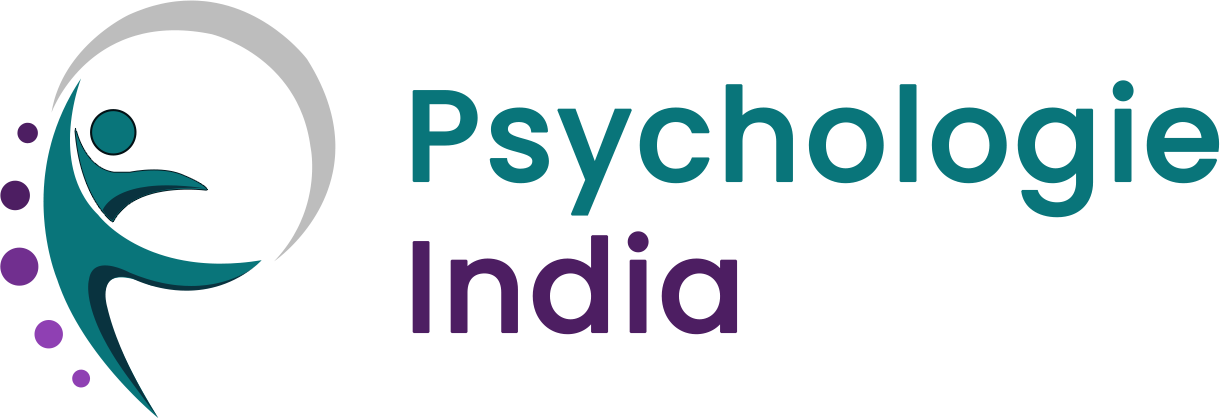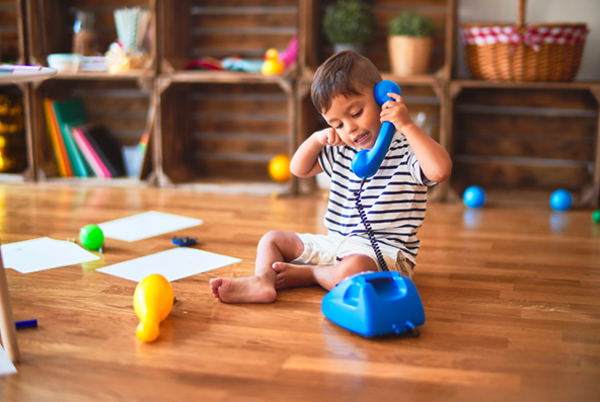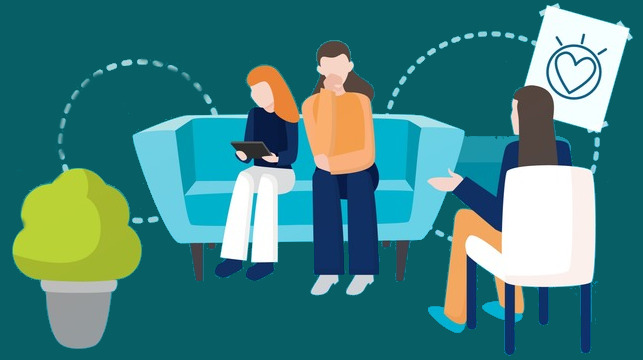ADHD stands for attention deficit hyperactivity disorder, which used to be called ADD (attention deficit disorder). Children or adults can have ADHD, but symptoms must start before age 12. Children with ADHD may fidget or squirm, get up from their seats when they shouldn’t, talk excessively, and have difficulty taking turns. In school they may not pay attention, forget things easily, or have trouble following instructions. It is a brain disorder that makes it hard for a child to sit still and focus on tasks. Inattentiveness, impulsivity, and hyperactivity are common symptoms. While many children exhibit these behaviours at certain stages in their development, a diagnosis of ADHD requires that they cause significant problems in more than one setting.
Did you know? Children with ADHD are not just being “bored”. They actually think faster than normal children, but haven’t learned how to slow down.
ADHD Symptoms in children
Symptoms are grouped as follows:
Inattentive :
- Is easily distracted
- Doesn’t follow directions or finish tasks
- Doesn’t seem to be listening
- Problem to pay attention and does careless mistakes
- Forgets about daily activities
- Has problems organizing daily tasks
- Doesn’t like to do things that needs sitting still
- Often loses things
- Tends to daydream
Hyperactive-impulsive :
- Frequently squirms, fidgets, or bounces when sitting
- Doesn’t stay seated
- Has trouble playing quietly
- Impatient about sitting still or spending time alone and may run, climb, or throw things when excited.
- Talks excessively
- Has trouble waiting for their turn
- Blurts out answers
- Interrupts others
ADHD Causes in children
Brain anatomy and function. ADHD is a neurobiological disorder. The parts of the brain that control attention and activity level are lower in activity than average.
Genes and heredity. Families that have a child with ADHD usually have another member with ADHD. The cause of this is genes and heredity. Genes are the chromosomes found in almost every cell of the body and control how a person looks and acts. There are certain genes that when affected can affect behaviour. Not all ADHD is inherited but genetics do play a role.
Significant head injuries may cause ADHD in some cases.
In very rare cases, environmental factors may be to blame for ADHD. For instance, lead in the body can affect child development and behavior.
Behavioural treatments are used to treat childhood ADHD
Behavioural treatments are the most effective long term treatments available today. The best evidence is behind the central role these behavioural treatments have in preventing ADHD symptoms. The most effective way, or BEHAVIORAL treatments for an ADHD child, is to use a combination of medications, counseling and other behavioural interventions. Medicines are not enough to treat you or your child’s ADHD.
Behaviour modification: It is a treatment used to modify your child’s behaviour. Your child will work with a therapist to analyze his or her behavior and find solutions for better managing his or her actions and interacting with family members, classmates, teachers, and other people.
Parent training: It helps parents control their child’s behavior by modifying their own behavior when reacting to the child. Parent training is especially helpful when combined with other types of therapy, such as behavior modification and social skills training for the child.
Social skills training: The goals of this treatment include helping children recognize and understand their feelings, set realistic goals and standards for themselves, solve problems in appropriate ways, control their behavior, and enhance their social skills.
School interventions: An educational team may work with your child’s behavioural health specialist to create a behavioural plan for schools. This plan is organized into school and classroom interventions designed to support the child’s social behaviours.
Organizational skills training: It helps kids to develop good study and organizational habits. With a structured homework routine, students are better able to get their schoolwork done and stay on top of things.
What happens if ADHD is left untreated?
Imagine how different life would be if ADHD symptoms were left untreated. Children’s would struggle with school, home and social situations, struggling to complete even simple tasks such as playing, doing homework, also make careless mistakes that cost high in their regular lifecycle.
Why do so many children have ADHD?
Recent national data suggest that the number of children with ADHD has risen, but it is not clear whether more children actually have the disorder or a higher percentage is receiving treatment. Some experts suggest that the disorder may be over diagnosed and over treated. Parental concern about school performance is thought to drive many families to seek medical attention for possible ADHD symptoms in their children.
What Treatment Is Best for Your Child?
Attention-deficit/hyperactivity disorder (ADHD) is a complex neurobiological disorder, and no single treatment is the answer for every child. A combination of medication and behavioural therapies is often recommended when ADHD occurs with learning and language problems, low self-esteem, poor family communication and relationships, or if a child has moderate to severe symptoms. Treatment must be individualized based on the child’s needs.








